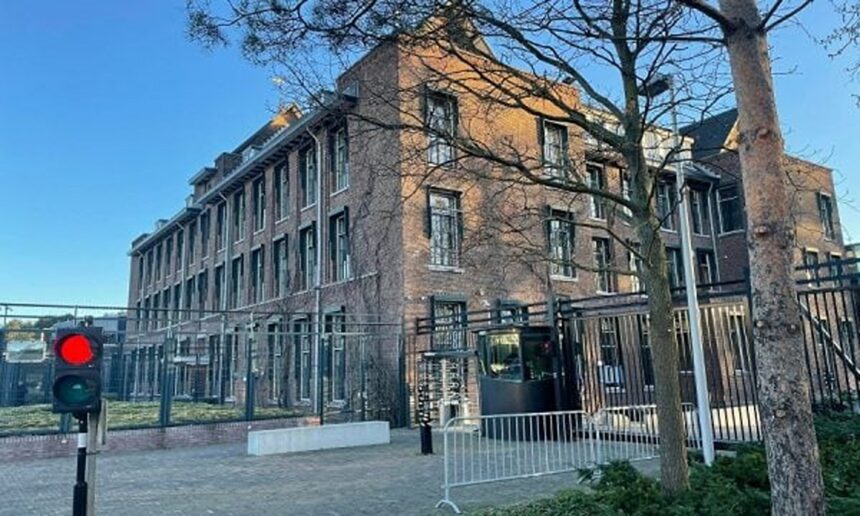Fejzullah Hasani, former President of the Supreme Court of Kosovo, has spoken out about the legal proceedings in The Hague and the functioning of the Kosovo Specialist Chambers, describing the court as a structure with a unique and independent legal framework.
Drawing from his experience in Kosovo’s domestic judiciary, Hasani emphasized that the Hague-based court operates under procedural rules significantly different from those in Kosovo, functioning outside the Criminal Procedure Code.
“The process there has certain specificities which differ from our procedures here,” he told RTK. “They have special procedural rules developed outside the Criminal Procedure Code. For instance, the pre-trial judge ruled on the admissibility of the indictment. Once it was found to meet formal conditions, the case moved to trial. The court then hears witness testimonies – essentially handling witness-related matters twice.”
Hasani argued that the Specialist Chambers should not be considered part of Kosovo’s judiciary in the conventional sense. He highlighted that none of Kosovo’s domestic laws apply to this court – including laws on the budget, archives, or international cooperation.
“If you look at the International Criminal Tribunal for the former Yugoslavia or the Rwanda Tribunal – they were established by the UN. The Specialist Chambers, though bearing the name ‘Kosovo’, are not governed by Kosovo laws. The prosecutors, judges, and even the Ombudsperson are international. Kosovo’s Constitutional Court has no jurisdiction, nor do the laws on international cooperation, budgeting, or archives apply,” Hasani explained.
He described the court as a “sui generis” legal structure – meaning it is of its own kind – established with unrestricted powers to create internal rules independent of both Kosovo’s legal system and international criminal law standards.
“We have, with our own hands, established a court with absolute freedom to draft internal rules without regard to established standards of international criminal law,” he stated.
As an example, he noted that all evidence collected even before the establishment of the Specialist Chambers – including by former EU Task Force Chief Prosecutor Clint Williamson, sometimes even informally or in cafes – is considered admissible. Additionally, all evidence gathered by the ICTY related to Kosovo can also be used, along with any other material deemed acceptable by the court.
Hasani concluded by stressing that Kosovo should have established a court to prosecute all alleged crimes committed during the war, rather than creating a mechanism focused solely on investigating and prosecuting alleged crimes committed by the Kosovo Liberation Army (KLA).
“Kosovo needed a court to address all crimes committed during the war—not just a court investigating one side,” he said.







